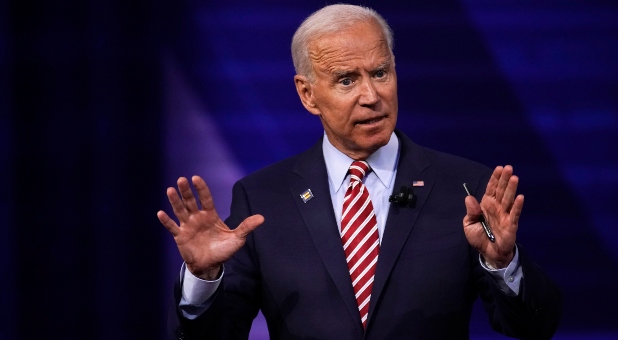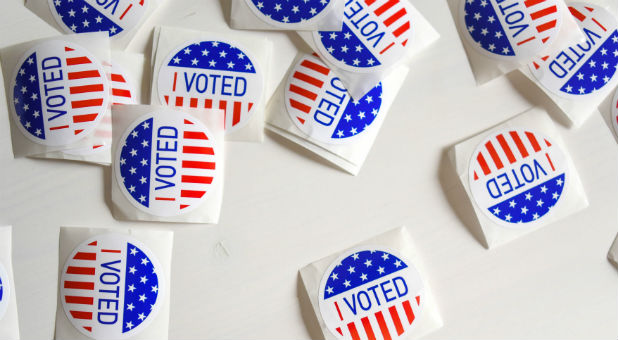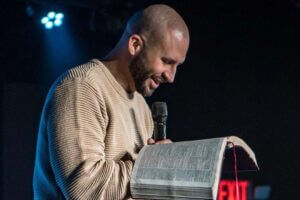This is the last segment of a four-part series debunking common myths Christians use to not vote. Read myth No. 1: “One Vote Doesn’t Make a Difference”; myth No. 2: “God Is in Charge Anyway So It Doesn’t Matter if I Vote” and myth No. 3: “I Don’t Like Either Candidate, So What’s the Point?”
It’s election season, and with every election comes polling. And with every poll comes the quest for 51%. After all, just one more vote than the other guy and I win. The fact that the person with the most votes wins elections is the reason most of us believe that the majority wins. But is it true? Not entirely. Here’s why.
In the United States, the population is 327 million people. But not everyone who lives in America can vote in elections. To be eligible to vote, you have to be a citizen, at least 18 years old, and, in most places, not a felon.
Out of 327 million people, only 253 million are eligible voters. But that doesn’t mean all of them are voters. In fact, of the 253 million eligible voters, only 153 million are registered voters. That means less than half the U.S. population is a registered voter. But that’s not all. Not every registered voter actually votes. In 2016, 137 million people voted, but they didn’t all vote in every race. Only 127 million votes were cast for president.
Put it all together, and we learn that 54% of eligible voters and less than 42% of Americans voted.
As a result, Donald Trump was elected president with just under 63 million votes. That’s right. The President of the United States was chosen by only 25% of eligible voters and less than 20% of the population. That doesn’t represent a majority of Americans—that represents a majority of Americans who voted.
This phenomenon is true in every election and in every race around the country. Even candidates who win comfortably aren’t getting support from a majority of their constituents.
In 2018, Pennsylvania Governor Tom Wolf won comfortably with over 57% of the vote, but he received the votes of only 22% of his constituents.
The lack of participation in every election is magnified in close elections. In 2017, a Virginia House of Delegates race ended in a tie after more than 23,000 ballots were cast. Even one more person deciding to vote would have made a tremendous difference.
In 2016, a New Mexico State House seat was decided by two votes out of 14,000 ballots cast. Two votes made a big difference there.
In more local races, the drop-off rate increases, meaning that races are decided by a smaller number of total votes and a smaller percentage of the electorate. State legislative races are often decided by less than 10% of the people in a district. School board races are commonly decided by less than 5% of the people affected. Sometimes it’s closer to 1%.
So, yes. It’s true that the majority wins elections, it’s just not the whole story. Elections are not decided by a majority of a country, state or city, they’re decided by a majority of those who actually participate.
According to George Barna, 61% of eligible evangelicals voted in the 2016 election. This means that almost 40% did not vote. In other words, four out of 10 people you go to church with do not vote when given the opportunity.
Despite this, the church still has a disproportionate impact. According to Pew Research, in the 2018 election, white evangelicals were 26% of all voters despite being only 15% of the population. Imagine the impact the church could have if everyone did their part.
The point is: participate. It isn’t hard, but it is important. If you’re not registered to vote, get registered. If you don’t usually vote, fill out your ballot. Don’t worry that not everyone in your community agrees with you—that may not even matter. After all, it’s not the majority who wins, it’s the majority of those who actually show up. It’s our job to show up. {eoa}
Joseph Backholm is senior fellow for biblical worldview and strategic engagement for the Family Research Council.
See an error in this article?
To contact us or to submit an article





















